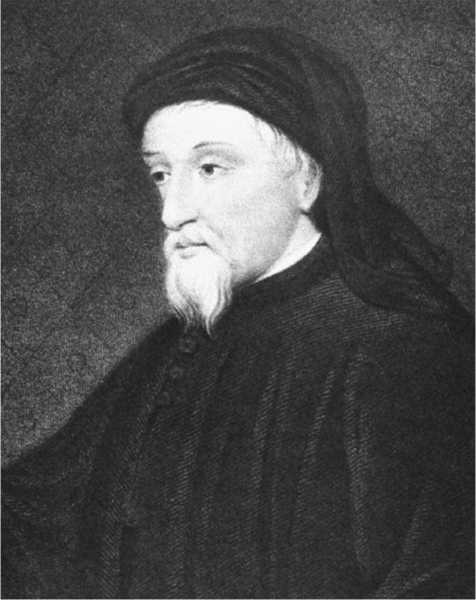Like the three men profiled above, William of Ockham (AHK-um; sometimes spelled Occam) spent his entire career as a member of the church. A Franciscan monk (see entry on St. Francis), he taught at Oxford University and is most often associated with his writings on the nature of ideas.
Ockham reacted against Scholasticism, a philosophical movement that attempted to bring together Christian faith, classical learning, and knowledge of the world. Scholasticism had represented a great move of progress when it had its beginnings with Abelard, and by the time it reached its high point with Thomas Aquinas (see entries), it became a solidly entrenched way of thinking among Western European philosophers. Ockham helped bring about the end of Scholasticism and the beginnings of modern thought. He effectively ended a long-running Scholastic debate over the nature of ideas, holding that there is no such thing as a universal, only individuals—for instance, there is no perfect form of red, only numerous examples of red objects.
In forming this argument, Ockham maintained that "entities must not be unnecessarily multiplied." This, the famous "Ockham's razor," means that people should always seek the most simple and straightforward explanation for something. For example, if a man's cap falls off while he is
Sleeping, it is probably because he leaned forward in his sleep and it slid off—not because angels and demons got into a tug of war over his hat until one of them dropped it.

Geoffrey Chaucer.
Clearly, Ockham's reasoning went against the grain of the medieval mind. So, too, did his political beliefs: if Anselm and Becket leaned too far to the side of the church, Ockham was equally strident in his support of secular power, particularly that of Holy Roman Emperor Ludwig IV. Ockham became involved in a dispute between the Franciscans and Pope John XXII, and was forced to flee the papal court at Avignon (AV-in-yawn) in France in 1328. Most of his writings during the last two decades of his life involved political attacks on the pope, and support for secular rulers.




 World History
World History









